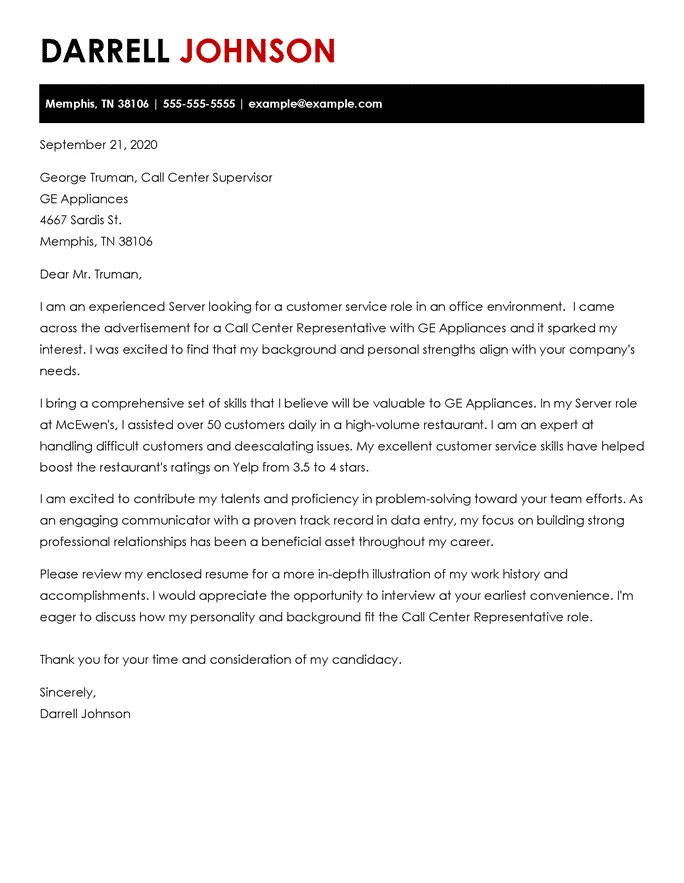Why a Fun Cover Letter Matters
In a job market flooded with applications, a traditional cover letter can often get lost in the stack. That’s where a fun cover letter comes in. It is your secret weapon to quickly catch a hiring manager’s attention. Think of it as your first impression. It’s an opportunity to show that you are not only qualified for the job, but also a great fit for the company. This approach helps you stand out from generic applications and highlight your unique qualities, setting the stage for a positive interview. Writing a fun cover letter is a way to showcase your personality, creativity, and communication skills all at once. It shows you’ve taken the time to understand the role and are genuinely interested in the opportunity, making you memorable and increasing your chances of getting an interview. In a world of automated and generic templates, a fun cover letter is your opportunity to shine and demonstrate that you’re more than just a resume; you’re a person.
Benefits of a Fun Cover Letter
The benefits of a fun cover letter go far beyond grabbing attention. First, it boosts your memorability. Hiring managers review many applications, so a cover letter that stands out due to its humor or personality is more likely to be remembered. Second, it showcases your personality and soft skills. A fun cover letter lets you inject your personality, highlighting your creativity, sense of humor, and writing style, which are crucial soft skills. Third, it helps build a connection with the hiring manager. Letting your personality shine makes it easier to connect with the reader on a human level, increasing the chances of a positive response. It also shows your company research. A fun cover letter is your opportunity to shine, increases your chances of an interview, and gives you a head start in the hiring process. A well-crafted letter can also showcase your knowledge and connection to the company. It tells the hiring manager you’ve put in effort.
Understanding Your Audience
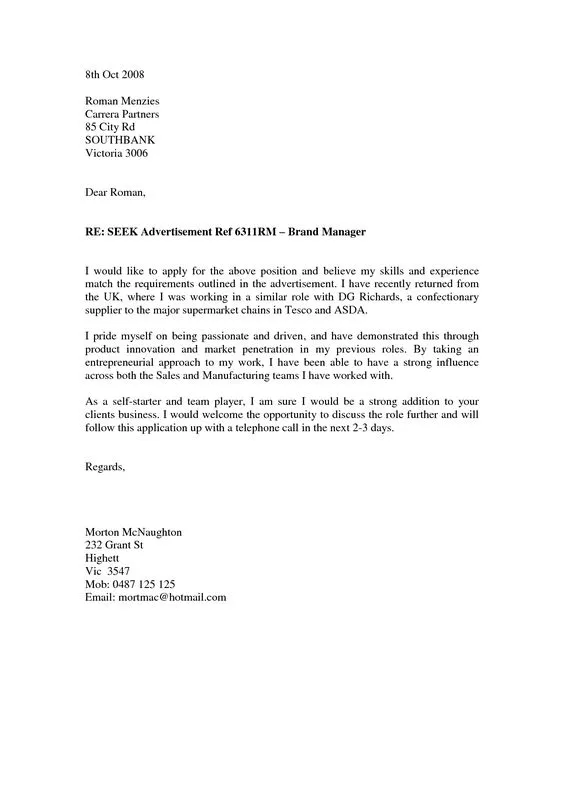
Before you begin writing, understanding your audience is key. You need to know who you are talking to and make sure your letter will be received the way you expect. Researching the company culture is critical, since the tone and kind of humor that works for a tech startup might not be appropriate for a law firm. Consider the industry, the role, and the company’s values. Determine if they are innovative and creative, or if they lean toward a more formal environment. Research the hiring manager. Try to find information on LinkedIn. This information will help you to understand their personality and interests. Tailor your cover letter to the audience, ensuring your humor and personality resonate with them, which will increase your chances of a positive impact. Misjudging the audience can backfire, so do your homework before getting creative. This research shows you have put in the effort and that your approach aligns with expectations and values.
Researching the Company Culture
To write a fun cover letter that hits the mark, researching the company culture is a must. Start by exploring the company website. Look for ‘About Us,’ ‘Our Values,’ or ‘Careers’ sections. Pay attention to the language used, the tone of their communications, and employee testimonials. Explore the company’s social media. Check how employees interact with the company. If the company is known for humor, feel free to embrace that. Check sites like Glassdoor or Indeed. These platforms often have reviews and insights into the company’s culture. Also, try to find out what language and tone is present in the office. Will your letter be a hit or a miss? Is your role customer-facing? Make sure your tone and humor are friendly and professional. Consider if the role requires you to interact with customers. If you do, make sure your tone and humor are friendly and professional. Research helps you show you know and understand the environment.
Brainstorming Fun Ideas
Once you know your audience and the company culture, brainstorm fun ideas. Think about your own personality, interests, and experiences. What makes you unique? What are your strengths? Try incorporating a creative opening line. Try a clever anecdote, a witty observation, or a self-deprecating joke. You can also incorporate elements from your skills and experience. Share a funny story related to your skills. Use puns, wordplay, or lighthearted references relevant to the industry or company. The key is to be genuine and ensure the humor is appropriate for the audience. Avoid anything offensive. Remember that the goal is to make the hiring manager smile, not to alienate them. Consider different ideas, and choose the ones that align best with your personality and the company culture.
Incorporating Personality and Humor
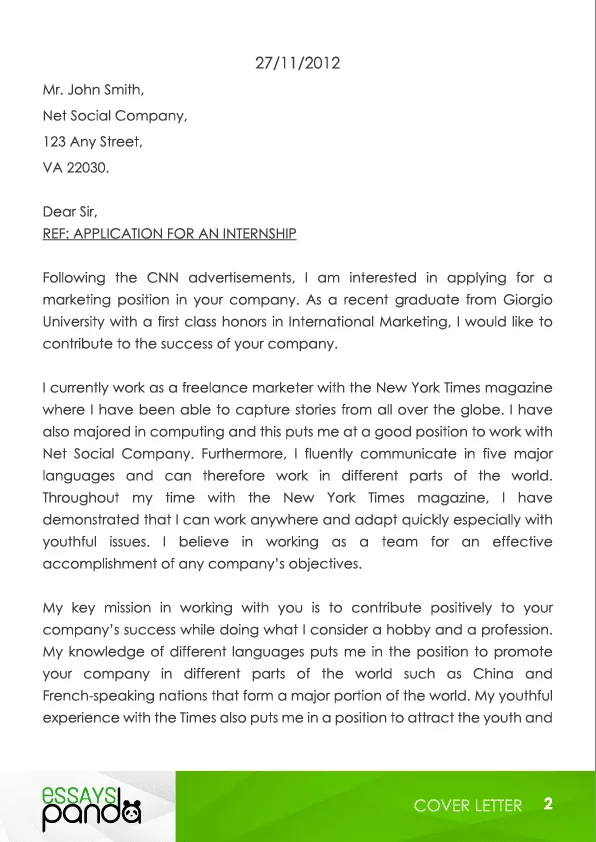
When incorporating personality and humor, authenticity is paramount. Don’t pretend to be someone you are not, and let your true self come through. Be sure that your humor aligns with your personality. Consider your storytelling style and how you can use that in your letter. Your tone should be conversational and engaging, like you’re talking to a friend. Use personal stories to highlight your personality and skills. How do you communicate with friends and family? How do you make them laugh? Make sure your humor is appropriate and avoid topics that could be offensive. Focus on your skills and interests with a light tone. Show, don’t tell. Instead of saying you’re creative, describe a project or experience that proves your creativity. Being yourself makes your letter stand out and ensures the humor feels genuine.
The Tone and Voice
The tone and voice are key to effectively sharing your personality and humor. Balance being fun with being professional. Avoid being overly casual; remember, you are applying for a job. Your tone should reflect your personality. Use a conversational tone, as if you are talking to the hiring manager. Use an active voice and positive language. Be concise and clear. Avoid unnecessary jargon and long sentences. Tailor your tone and voice to the company culture. If the company is laid-back and creative, you can be playful. If the company is more formal, still inject your personality, but maintain a professional tone. The tone creates a more engaging experience for the reader. Ensure that the reader understands what you are saying.
Examples of Fun Openings
The opening is where you make a memorable first impression. Use openings that are both fun and engaging. Try a self-deprecating joke to show that you don’t take yourself too seriously. Use an interesting anecdote to capture attention. Try a creative observation, such as something related to the company or the industry. A well-placed pun can be a lighthearted way to engage the reader. Consider asking an unexpected question. “Have you ever hired someone who can code and make a killer pizza?” Choose the option that best suits your personality and the company culture. Remember to keep it relevant and avoid anything unprofessional. The goal of your opening is to capture the hiring manager’s attention and make them excited to read the rest of your letter. These openings offer a starting point and inspiration for crafting an attention-grabbing introduction that will make you stand out.
The Body of Your Fun Cover Letter
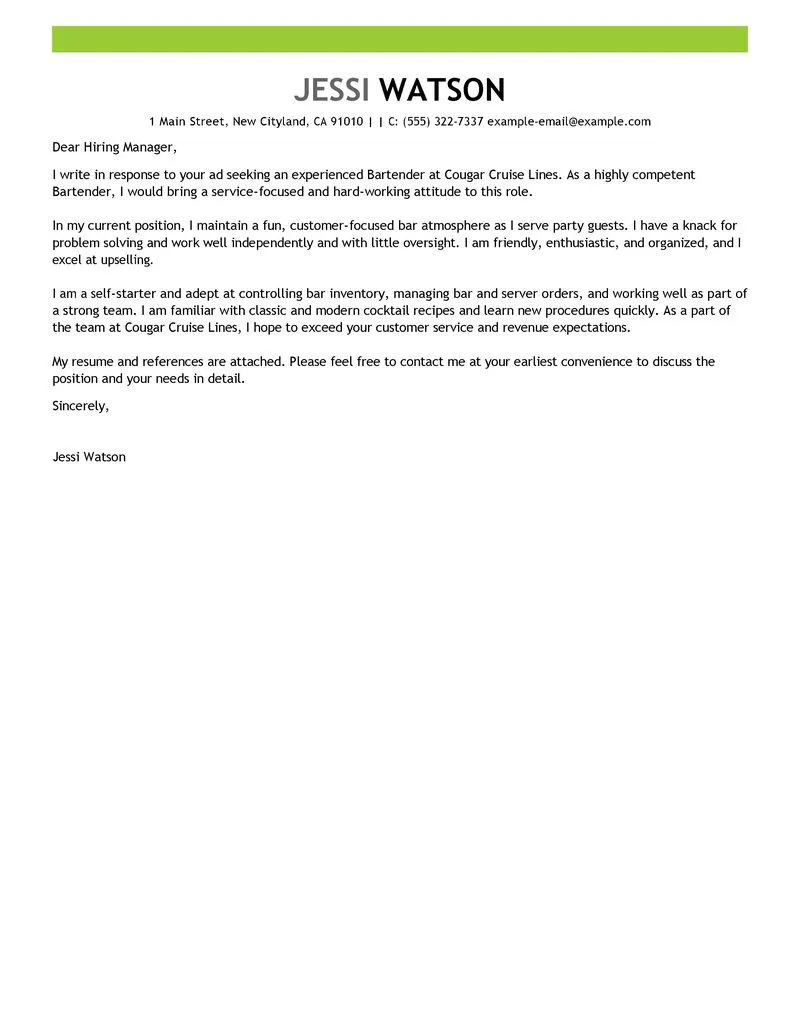
The body of your cover letter should highlight your skills, experience, and how you can contribute to the company. The tone should be engaging. Use storytelling to illustrate your experiences and accomplishments. Instead of listing skills, describe how you used them. Use humor to enhance your points. Highlight skills and experience that are most relevant to the job description. Explain the results you achieved. Use action verbs and concrete examples to show your capabilities and personality. Your goal is to keep the reader engaged. The body of your letter is where you connect your skills and experiences to the job. Use storytelling to connect with the hiring manager and set yourself apart from other applicants. The body of the letter should be a testament to your achievements and your capabilities.
Highlighting Relevant Skills and Experience
In a fun cover letter, it is important to ensure that you highlight your skills and experience. Don’t let the humor overshadow your qualifications. Carefully review the job description and identify the key skills and requirements. Then, include examples of how you have demonstrated these skills. Quantify your achievements with specific numbers and results. Describe a project where you used the skill. Explain the challenges you faced, what you did, and the results you achieved. This storytelling will make your application more compelling. Make sure the reader understands what you can contribute to the company and how you are the best fit for the role. Highlight the skills and experiences most relevant to the job to show the hiring manager what makes you the right candidate. Tailor the letter to address the company’s specific needs and requirements.
Adding a Touch of Humor
Adding humor is an art, and the goal is to make the hiring manager smile. Make sure the humor is relevant to the job, the company, and your personality. If you’re not naturally funny, use lighthearted language or a witty observation. Make sure the humor serves a purpose and enhances your points. Avoid humor that is offensive or inappropriate and stick to topics that align with your skill and interests. Read the letter aloud to see if the humor lands well. The key is to find the balance so your qualifications and achievements shine through. Use humor to show your personality and make the hiring manager remember you. You want to appear genuine and relatable. Your main goal is to make a connection with the reader.
Writing a Compelling Closing
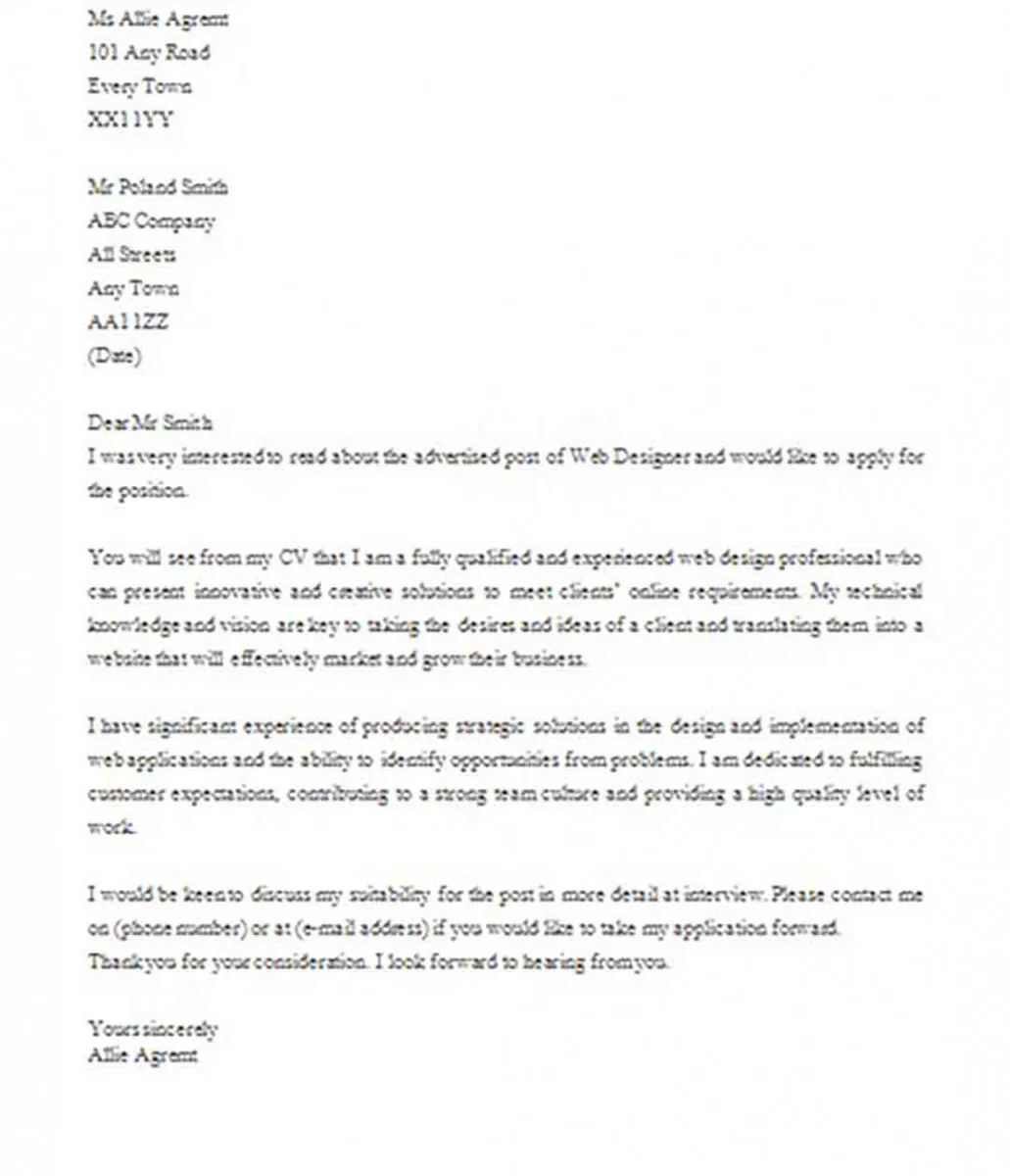
Your closing is a call to action. Express your interest and invite the hiring manager to take the next step. Keep it short, sweet, and memorable. Reiterate your enthusiasm for the opportunity and the company. Don’t end with a generic closing. Add a memorable line. End on a strong note to leave a lasting impression. Include a call to action that states that you want to discuss the opportunity further, and provide your contact information. Choose a sign-off that aligns with your personality and tone. A simple ‘Best,’ ‘Cheers,’ or even a playful closing can be appropriate. The most important part is to leave a lasting positive impression. Your closing needs to re-engage and convince the hiring manager to call you in for an interview.
Review and Edit
Once you’ve written your fun cover letter, review and edit. Ensure it’s well-written, error-free, and that it effectively communicates your message. Read your letter aloud. Have a friend review your letter for clarity and effectiveness. Check that the humor enhances your qualifications. Tailor your letter to the job and the company. Verify your contact information and proofread. Double-check the spelling and grammar. A well-edited cover letter shows that you pay attention to detail. Be sure to pay attention to formatting and make sure the tone and voice align with your personal brand and the job requirements. Editing is a step you cannot skip. A well-edited cover letter will go far to demonstrate the value of your application.
Checking for Grammar and Spelling
Grammar and spelling are vital in any cover letter. Errors can create a negative impression and undermine your credibility. Use spell-check and grammar-check tools, but do not rely on them entirely. Pay attention to your sentence structure and punctuation. Make sure that your sentences are clear, concise, and easy to read. Consistent formatting is key. Include font style, font size, and spacing. Check your name, address, phone number, and email address to make sure they are accurate. Proofread your letter multiple times. The more you proofread, the more errors you will be able to find. Ensure that your tone and voice align with your personal brand. Proper grammar and spelling showcase your attention to detail. They will give you an advantage, and will help the reader to understand you and your qualifications.
Seeking Feedback
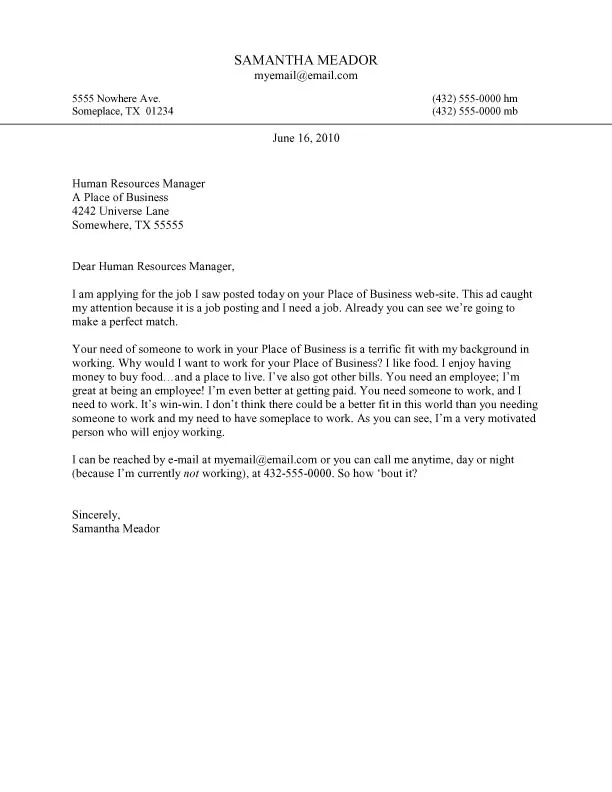
Seeking feedback is important. Ask others to review your letter and provide constructive criticism. Ask people such as friends, family members, career counselors, or mentors. When asking for feedback, ask specific questions. You might ask, ‘Is the tone appropriate?’ or ‘Does the humor land well?’ Ask them to focus on clarity, tone, and overall effectiveness. Be open to the feedback. Make changes as needed. Edit your letter based on the feedback. Make revisions and be sure to review your cover letter again to ensure that it’s polished. Using feedback is key to creating a compelling and effective cover letter. This will enhance your overall presentation, and help you make an impression that will lead to your receiving an interview.
